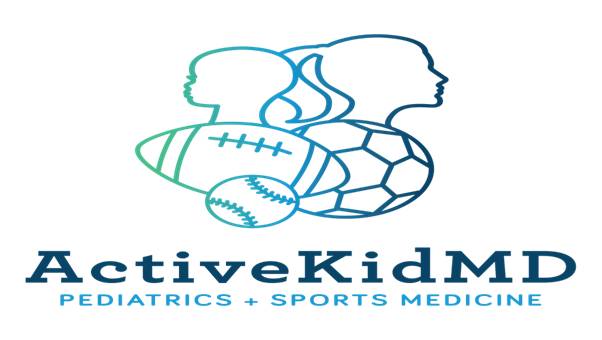Kindergarten and Weight: How to Handle the Discussion?
Most pediatric providers enjoy sharing in the rite of passage known as the pre-kindergarten physical where even the temporary discomfort of the shots and pokes cannot overcome the innocent excitement and enthusiasm of these eager young children ready to enter the formal school setting.
This visit, usually taking place between 4 1/2 to 6 years of age, just became even more intriguing with a recent report indicating that fewer than 20% of children in at-risk weight categories overcame weight issues by 5th grade, with the majority of those who returned to normal weights made the correction by 1st grade.
While the concurrent good news is that 70% of children with healthy weight in kindergarten maintained that weight classification as they grew older, the above findings are a sobering indicator that at a relatively young age, weight patterns are mostly ingrained and difficult to correct, especially after 1st grade.
So does this portend the evolution of fad diets and aggressive weight management programs targeting the pre-school set and their families/caregivers? Are we going to amplify the angst of young families already struggling with selective eaters and worries of creating life-long body image issues?
There aren't clear answers to some of these concerns, but most importantly, this should be a reminder that those of us who take care of pre-school age children must be diligent about providing anticipatory guidance about healthy habits including meal planning, food choices/amounts, and obtaining a minimum of 45 minutes of daily vigorous physical play.
Often the popular thought is that "children will grow into their weights" but if we heed this data, like it or not, there is a time sensitivity on appropriate weight discussion and management during those first 5-6 years of life.
Is this data robust enough to influence how you view weight concerns in the first few years of life, and will it make you more aggressive in weight control recommendations and measures? Or do you think it will place undue guilt and pressure upon young families? Is more study needed?
